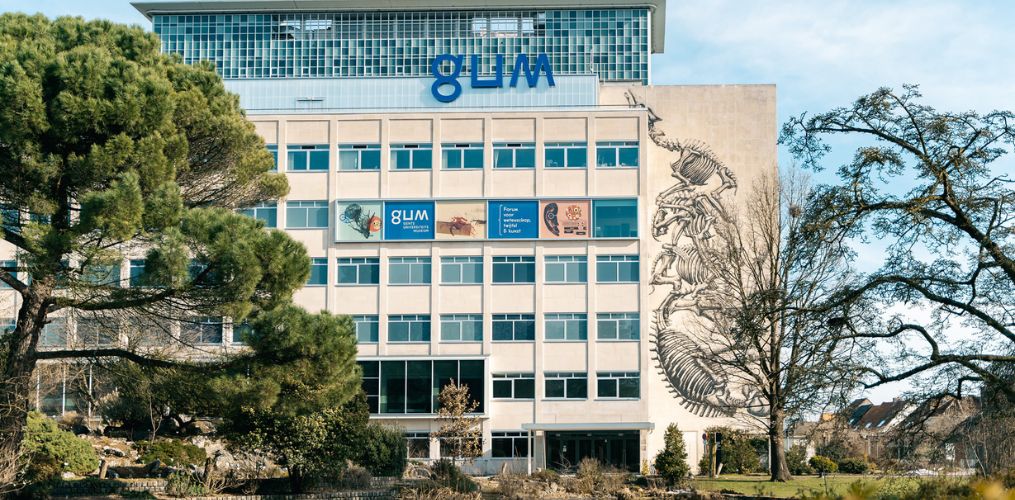
The Ghent University Museum (GUM) and Botanical Garden represent an innovative approach to science communication in Flanders and beyond. Located in the heart of Ghent’s Botanical Garden, this institution is the first recognised university museum in Flandres. With a history spanning over 200 years and a collection of more than 400,000 items, the GUM is an example of how universities can bridge the gap between academia and society.
As a “Forum for Science, Doubt & Art,” the GUM showcases how scientists think and work, encouraging visitors – be they students, researchers, or the general public – to embrace the processes of trial, error, and imagination. Behind the scenes, however, ensuring the scientific accuracy of its exhibits is no small feat. This is where LifeWatch Belgium, through the World Register of Marine Species (WoRMS), comes into play.
The World Register of Marine Species (WoRMS), managed as part of LifeWatch Belgium’s Species Information Backbone, has been instrumental in preparing the GUM’s permanent collection for public display. Specifically, WoRMS has been used to verify the scientific and common names of species featured in the museum, ensuring that visitors engage with the most accurate and up-to-date taxonomic information available.
WoRMS provides an authoritative and detailed list of marine species names, including synonymy information. This makes it a vital tool for institutions like the GUM, to ensure that academic collections meet the highest standards of taxonomic precision.
LifeWatch Belgium provides tools and resources like WoRMS to support research, education, and public engagement initiatives. Its collaboration with institutions such as the GUM highlights the critical role of biodiversity data infrastructures in connecting science with society.
For more information about the GUM, visit: https://www.lifewatch.be/user-stories/forum-science-doubt-art